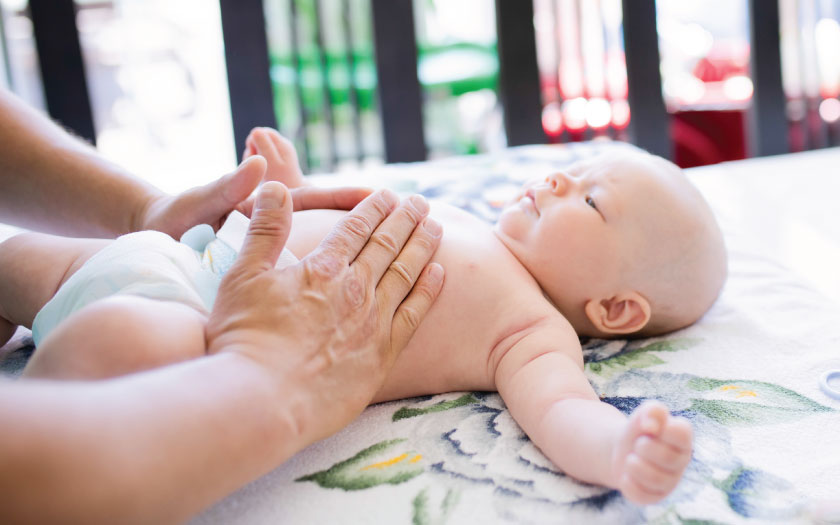While paediatric gastroenteritis is considered a benign disease, acute gastroenteritis in children contribute to the cause of morbidity and mortality in children around the world. In this article, learn more about this disease and how to prevent it.
What are the symptoms of gastrointestinal infections in babies or newborns?
GI (Gastrointestinal) infections in babies can present in various ways. Commonly, they may have diarrhoea, vomiting and fever. They may be irritable and crying inconsolably due to abdominal pain/cramp. Their appetite may be poor, leading to reduced feeding.

Viruses like Rotavirus or less commonly bacterial origin like Escherichia coli and Salmonella infection usually cause GI infections. The infection route is typically faecal-oral, spreading from a person to another person directly or indirectly via contaminated food or water.
What are the treatments available?
Maintaining hydration is the main focus in managing GI infection. Dehydration can lead to severe consequences. Thus, rehydration is important and can be done via ORS (oral rehydration salt) or drips. Antibiotic may be required if there is a bacterial infection. Doctors may give symptomatic treatments like fever medicine, depending on the symptoms.
What should parents do?
The best way to prevent GI infections is to maintain good personal hygiene. Wash your babies’ hands and your own hands thoroughly, especially after changing diapers. Parents need to maintain strict hygiene during milk and food preparation for babies. Rotavirus vaccine is available for babies between 2 – 6 months old. There are two brands in the Malaysia market, Rotarix and Rotateq, which are only available within a private setting. Rotavirus vaccine is not included in the Malaysia National Immunization Programme.

Consultant Paediatrician,
Sri Kota Specialist Medical Centre (SKSMC)



